One of Britain’s greatest ever poets – one of the Romantic Generation, together with Lord Byron, Wordsworth, Coleridge and (of course) his wife Mary Shelley, the author of ‘Frankenstein’ – Percy Shelley wrote this poem to illustrate the futility of earthly power, the inevitability of decline and decay, and call to humility.
‘Ozymandias’ is in fact the Egyptian Pharaoh Ramses II. The inscription of the pedestal at the end of the poem, intended as a boast and display of power has now come to show the exact opposite. This version of the poem is read by ‘Breaking Bad’ actor Bryan Cranston.
First, listen to the poem and try to answer these questions:
1. Who did the narrator/poet talk to?
2. What did this person see in the desert?
3. What impression of Ozymandias does the sculptor leave on his work?
4. What was the message? What was its intention?
5. What is the final message of the poem?
Now correct the poem. There are 12 words that have been replaced by synomyms. Double-click any word you do not understand. Use this notebook to write your provisional answers:
Percy Shelley ‘Ozymandias’
I met a traveller from an ancient land
Who said: “Two enormous and trunkless legs of stone
Stand in the desert. Near them, on the sand,
Half buried, a broken visage lies, whose frown,
And wrinkled lip, and sneer of cold command,
Tell that its sculptor well those passions read
Which yet last, marked on these lifeless things,
The hand that mocked them and the heart that fed:
And on the pedestal these words appear:
‘My name is Ozymandias, king of kings:
Look on my works, ye* Powerful, and despair!’
Nothing beside is left. Round the decay
Of that colossal ruin, unlimited and empty
The lone and flat sands stretch far away.”
*Old English word for ‘YOU’
Instead of giving you the answers directly, I will show you this comic from ‘ZEN PENCILS’ Enjoy!


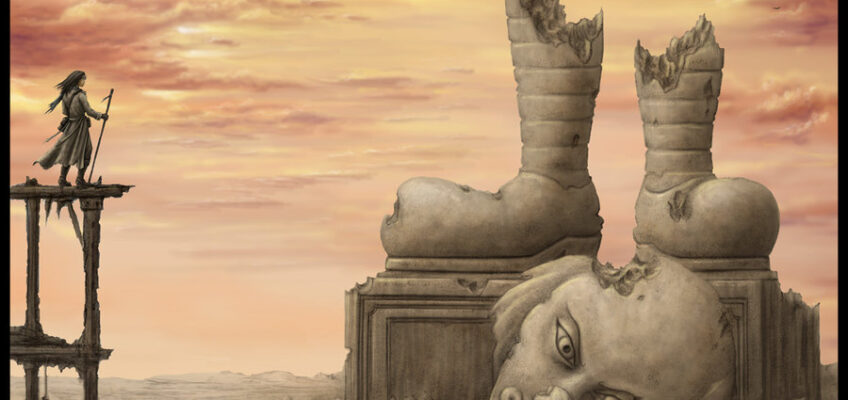
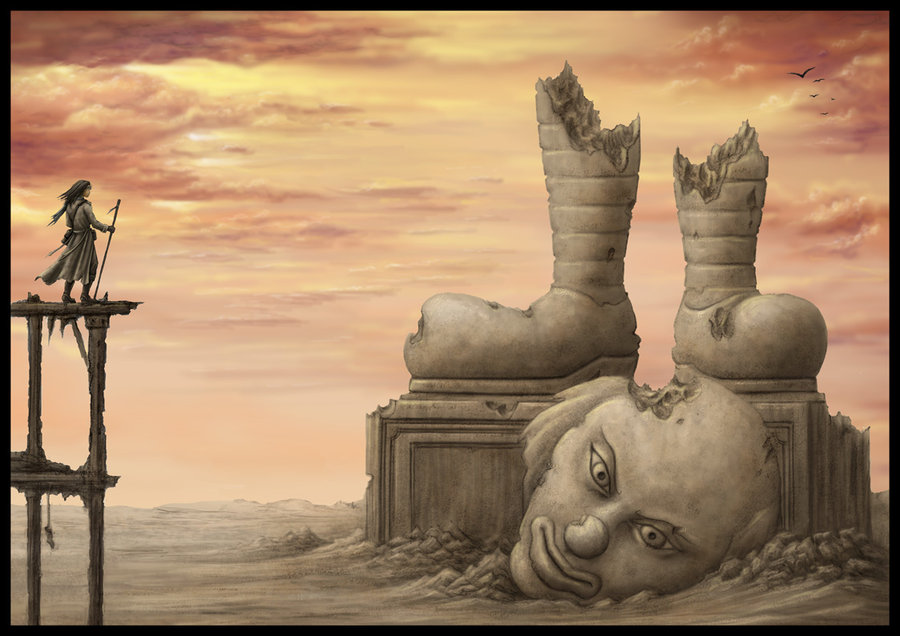
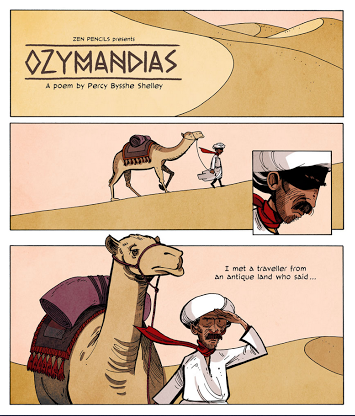
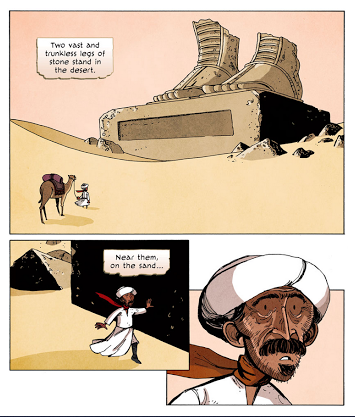
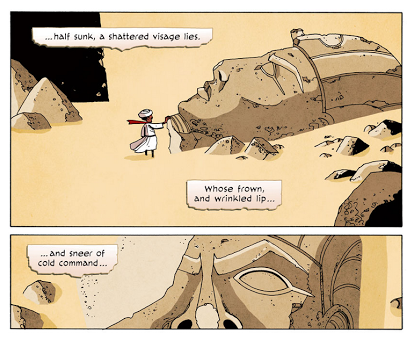
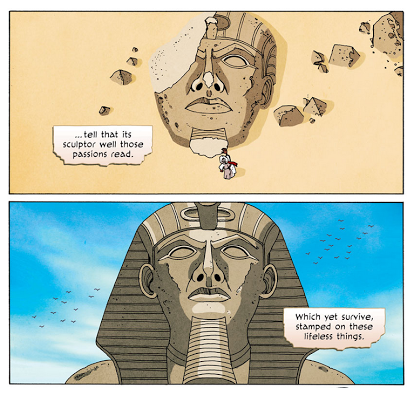
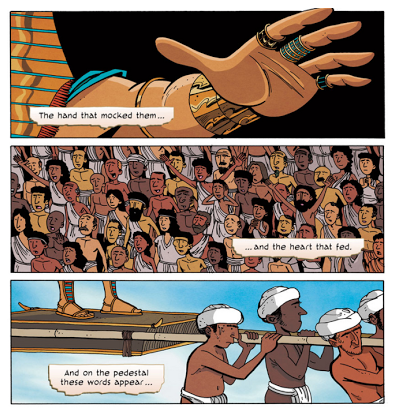
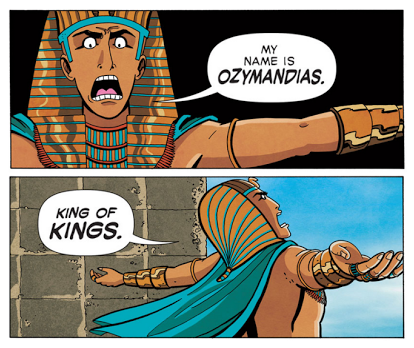
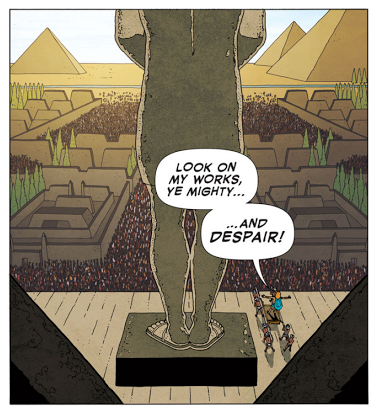
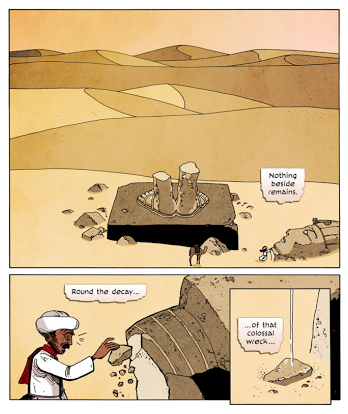
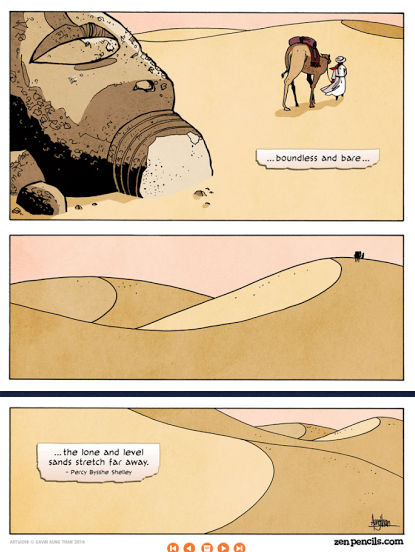


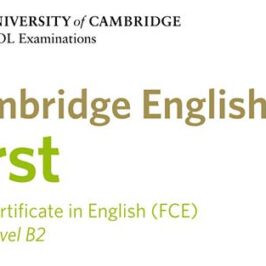
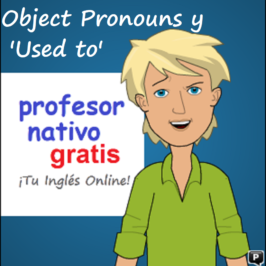
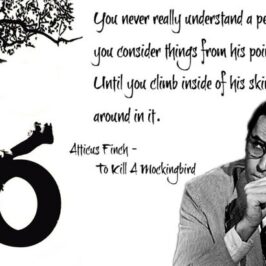

Leave a Reply